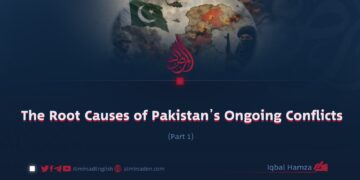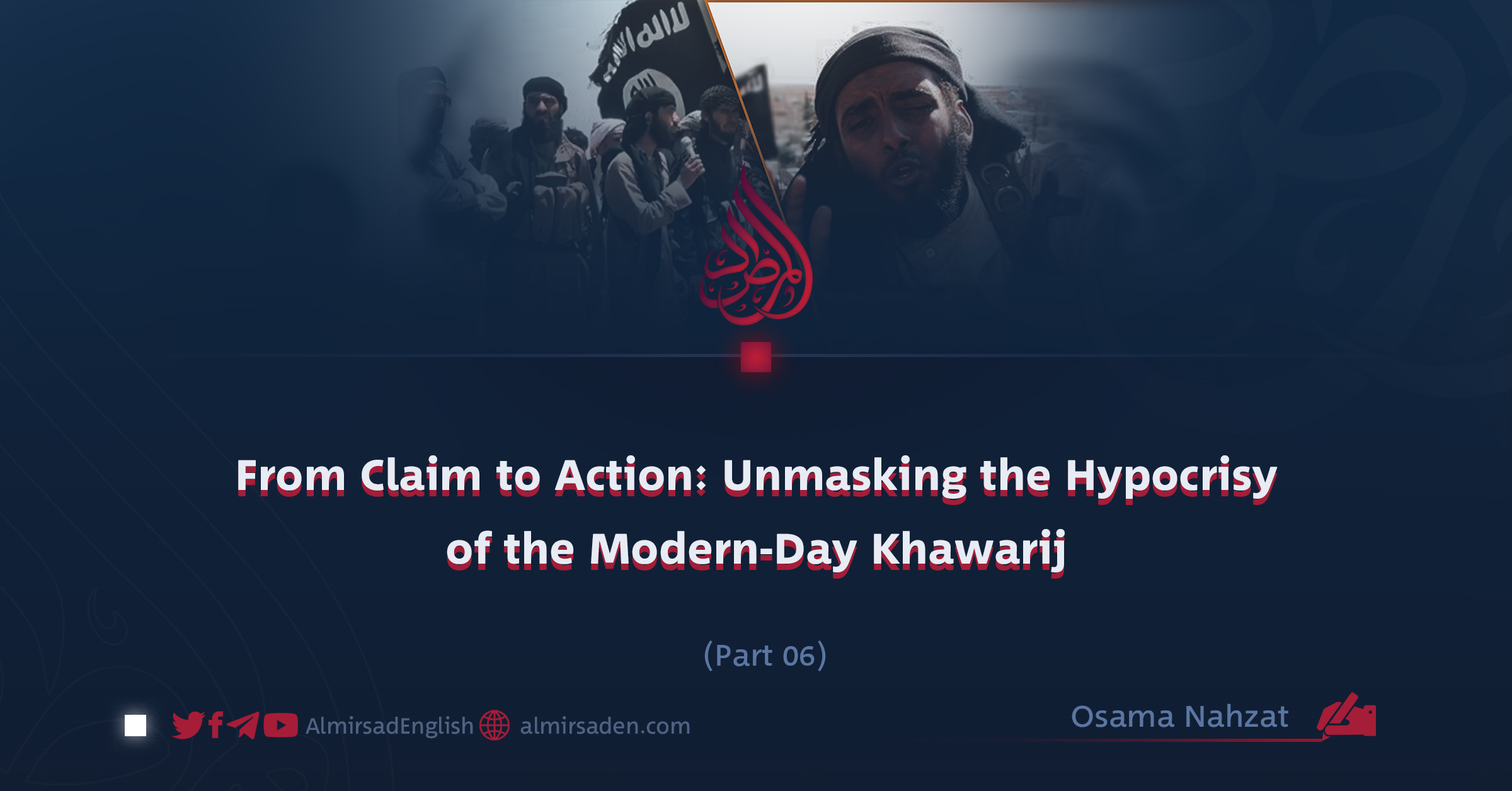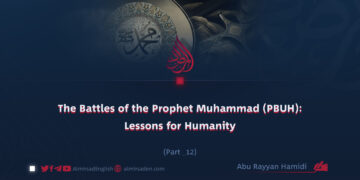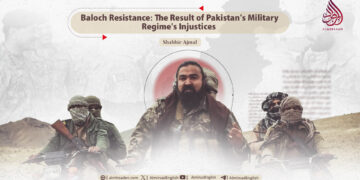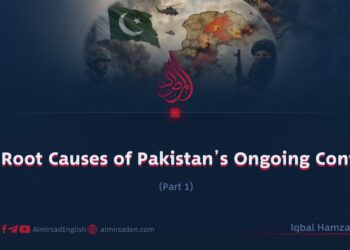Part 6
Osama Nahzat
The group known as the so-called “Islamic State,” or Daeshi Khawarij, has, since its ill-fated inception, relentlessly sought to portray itself as the guardian of Islamic justice. Its leaders and commanders repeatedly pledged, through various declarations and propaganda, to revive the Islamic Caliphate, enforce Sharia without compromise, eradicate corruption, and restore the rights of the oppressed.
These lofty promises resonated with many young Muslims who had grown disillusioned with the corruption of puppet regimes and the oppression of foreign occupiers. Through potent slogans and religious rhetoric, the Daeshi Khawarij manipulated a segment of sincere yet naive youth. Their propaganda was saturated with verses from the Qur’an and sayings of the Prophet Muhammad (PBUH), albeit twisted through misinterpretation, distortion, and deviation from authentic Islamic teachings.
The group’s media apparatus worked tirelessly to construct a deceptive image of a so-called ideal Islamic society, one in which justice and security allegedly prevailed, and the commands of Sharia were enforced with decisiveness. They showcased scenes of hudud (Islamic penal) punishments, such as executions and amputations, claiming this represented the long-lost justice the Muslim Ummah yearned for.
Yet the reality on the ground starkly contradicted their narrative. Rather than delivering justice, Daesh unleashed some of the most brutal and inhumane practices witnessed in modern history. Under the pretense of enforcing Islamic law, they beheaded innocent individuals, declared entire communities apostates based on fabricated accusations, and plundered their wealth under the guise of “spoils.” In territories under their control, peace was replaced by waves of massacres, torture, home demolitions, property looting, and forced displacement.
Despite their rhetoric, Daesh systematically dismantled both human dignity and public security. They spoke of a Caliphate, yet through terror, takfir (excommunication), and sectarian incitement, they destroyed the very foundations upon which a legitimate Islamic Caliphate must stand. These foundations are rooted in brotherhood, justice, consultation (shura), and ethical conduct. Their claim of uniting the Muslim Ummah was exposed as a lie, as they sowed division and ignited sectarian and ethnic conflict.
Perhaps their most heinous crime lies in the identity of their victims. The overwhelming majority of those killed, displaced, or terrorized by Daesh were Muslims themselves.
If the group had truly been waging jihad against disbelievers, then why did their bombings, targeted killings, and terrorist attacks occur in Muslim neighborhoods, markets, and even mosques?
Why were thousands of Muslim women and children slaughtered or driven from their homes in areas under Daesh control?
Why did they broadcast beheadings and immolations, presenting a grotesque and horrifying image of Islam to the world?
Conclusion
It must be recognized that Daesh did not emerge to implement justice but to hijack its name in order to spread tyranny and fear. Their actions represent not only a profound betrayal of the Muslim Ummah but also one of the most egregious treacheries committed against the noble and sacred religion of Islam.













